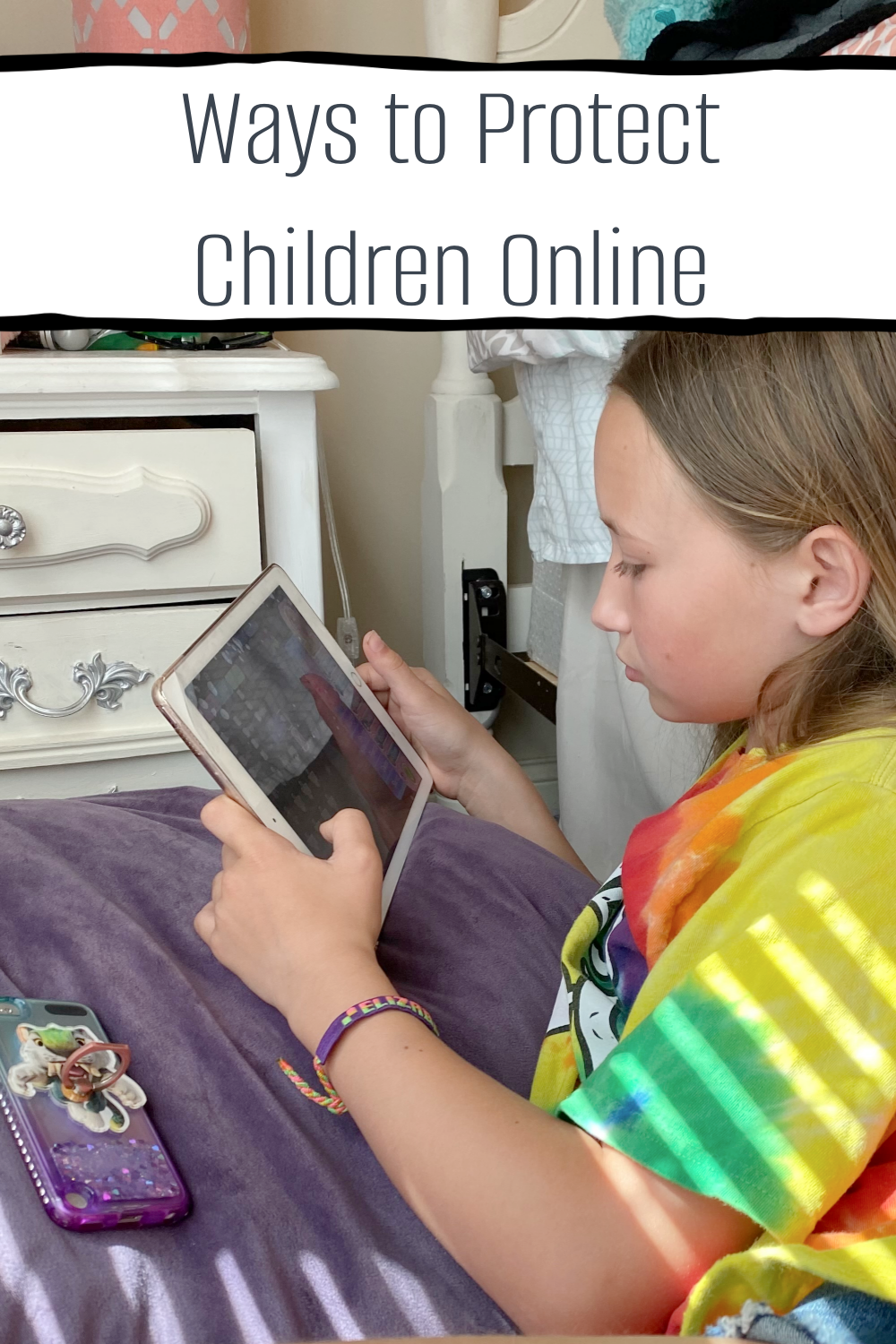Providing assistance services, including child health and development screenings, early child education and care, referrals to community resources, and early childhood development programs, seek to improve outcomes for young children and their families. According to research, preschool education is essential for a child's cognitive, social, emotional, and physical development, all of which may have a big influence on their success in school and life as a whole.
Investing in high-quality ECE programs may give kids a solid foundation for success and learning. Early childhood educators are in charge of looking after and instructing young children, emphasizing their cognitive and social growth. In this article, we shall talk in detail about early childhood development, the factors that affect children’s education in the early stages, and how it is important.
Understanding Early Childhood Education Programs
In the academic field of early childhood education, young children from birth to age eight are taught. The development of children's social, emotional, cognitive, and physical needs is a key component of the preparation of kids for a lifetime of learning.
Early education programs come in a variety of forms, including those that are publicly, privately, or both supported. In order to inspire youngsters to be interested and explore, it is important to develop a learning environment that resembles the natural world.
Significant issues include learning and brain development, peer interaction and collaboration, early cognition, and nascent literacy.
Research shows that high-quality early education programs have been linked to greater cognitive functioning, healthier adult outcomes, and higher earning potential.Early childhood education can be divided into three broad components—
● Preschool and Day Care Centers: The human services or education departments are in charge of licensing and overseeing programs in each state.
License-exempt programs can become certified by satisfying health and safety requirements, which enables them to provide childcare support to families.
Parents should research and tour various facilities to ensure a preschool or day care facility meets its standards and expectations.
For young children, these programs provide early education and socializing experiences that may benefit their early childhood development in the long run.
● Facilities For Lower Income Groups: Young children from low-income families are served through Early Head Start, Head Start, and its day care partners.
In addition to offering help for parents in utilizing neighborhood resources and pursuing their own education or employment training, they also offer health and nutrition services.
According to research, children who take part in Head Start programs have greater school preparation abilities and are more likely to complete high school and enroll in college.
Serving children with impairments and English language learners is also a priority for these organizations.
Head Start and Early Head Start are essential programs for boosting the well-being of young children and families dealing with financial difficulties.
● Family Childcare: The county or tribal licensing organization issues permits for and oversees in-home programs. Family childcare providers offer a more individualized and homelike atmosphere for kids.
Both solutions can be excellent possibilities for families depending on their requirements and tastes.
What Are The Factors That Affect Early Childhood Education
Although child growth is a long process, several young children in underdeveloped nations are not reaching their full potential because of poor health, poverty, inadequate care and lack of nutrition.
Early childhood development programs can reduce these risks by facilitating access to high-quality medical care, wholesome food, sound instruction, and supportive parenting techniques.
Here are some of the major factors that affect early childhood education—
1. Educational and Economical Background Of Parents
Each kid comes to a play school with a unique socioeconomic background, ranging from exceedingly wealthy to incredibly destitute.
Due to the preponderance of single-parent homes and varying levels of education, this is the case.
Due to increased access to resources like tutoring, assistance, and resources, as well as more parental involvement, children from better economic conditions frequently do better in preschool.
Students from lower socioeconomic households may have extra obligations that distract away from studying, and education is frequently put on the back burner in impoverished communities in favor of finding work and survival.
2. Difference In Culture
Various cultures have distinct educational perspectives, and Asian children typically perform well in American institutions.
For non-native English speakers, language hurdles are a huge problem. Thus schools must offer resources and assistance to ensure equitable possibilities for success.
For a more inclusive learning environment, instructors should also try to comprehend and value the cultural backgrounds of their pupils.
3. Attitude Of The Student
While it can result in improved academic achievement and long-term success, a student's drive to study can significantly impact their education.
Yet, additional elements that affect a student's education include resource availability, teacher and family support, and access to resources.
As a desire to study may be an effective instrument for aiding students in achieving their objectives and succeeding in life, educators must develop and promote this drive in their pupils.
Parents and other play school staff may also play a significant part in encouraging this desire by creating a positive and exciting learning environment at home.
4. Attitude Of Teachers Towards Students
Budget cuts impact everyone, but public preschool students are most vulnerable.
High school instructors are often certified to teach in a specific area, but elementary school teachers are frequently qualified to teach all main subjects.
In order to promote students' learning and academic performance, it is crucial to guarantee that they have access to qualified and skilled teachers in all subject areas.
This may be resolved by offering instructors the chance to pursue professional development opportunities.
It can help them become knowledgeable in new topic areas or by recruiting extra teachers who are proficient in the required subject areas.
The Importance Of Early Childhood Education
Given below are some of the most important benefits of early childhood education that you must understand—
1. Laying The Foundation
Early childhood development starts with education. Therefore, it is the process f laying the foundation for a child’s career and future.
The earlier you begin, the better and stronger your child’s career can be founded. It helps parents identify the knacks of the child and prepare themselves accordingly.
2. Helps Acquire Social Skills
Early childhood education is crucial for motivating kids to engage in social activities and form positive relationships with others.
Children need adult involvement and modeling throughout early socialization in order to teach them how to share and cooperate.
Also, it aids in developing emotional intelligence and empathy, two traits needed for success in intimate and professional relationships.
3. Learning To Love Education
Spend money on high-quality early childhood education to give kids the abilities and information they need to thrive in school.
This can encourage a lifetime love of learning in them and make them self-assured, inquisitive, and enthusiastic students.
Early childhood education specialists are skilled in engaging students in classes in a way that helps them accept difficulties and enjoy being active learners.
4. Helps Parents Identify Learning Problems
With the help of early childhood education, parents can identify their children's learning problems right from the beginning.
This gives them ample time to prepare their child before starting the heavy education journey.
5. It Can Benefit Economically
ECE may benefit kids, their families, and the economy by boosting labor force participation and productivity, lowering reliance on aid, and fostering long-term savings.
Quality childcare can help children develop critical skills such as communication, problem-solving, and empathy, which can have a long-term positive impact on their social and emotional development.
Mothers of small children may lose work by 13% due to poor childcare.
Get The Best Education For Your Child
Early childhood education (ECE) provides various benefits for children and their parents, as well as for society. The public financing for Early Childhood Education programs is constrained, though, and not all families can access them. Early learning opportunities may be more readily available to kids from all socioeconomic situations if there is greater awareness of the benefits of Early Childhood Education and better play school options in every location.
This ought to lead to more early childhood education program financing, better staff training and working conditions, and better early education delivery. According to studies, children who have access to Early Childhood Education often succeed more in life than those who don't.








No comments
Thank you for dropping by! I would love to hear what you thought. :)
Thanks!
♥,
Diana